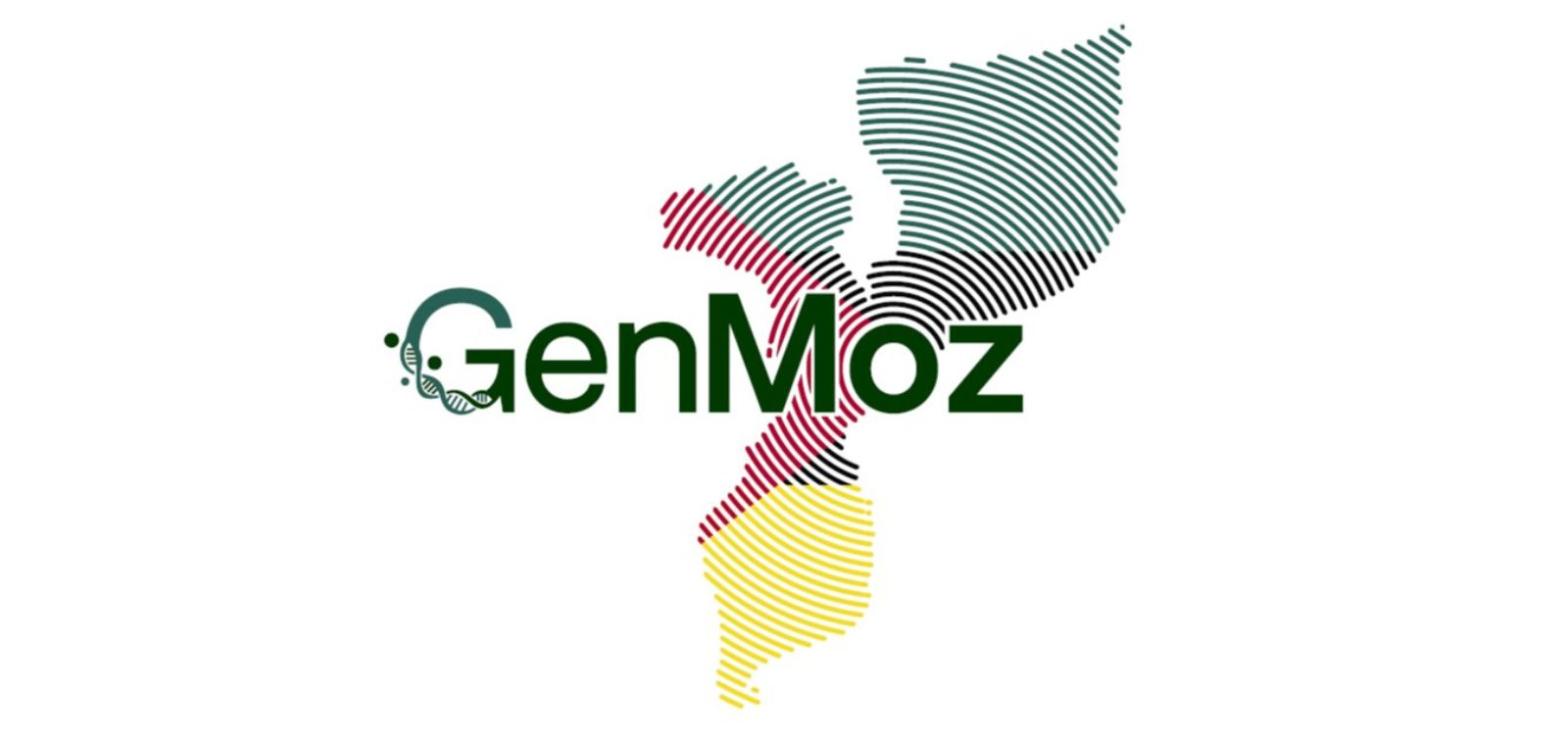GenMoz2
Plasmodium falciparum molecular surveillance in Mozambique to monitor markers of antimalarial drug resistance, rapid tests diagnostic failure and transmission in Mozambique: Phase 2

- Durada
- 01/04/2024 - 31(03/2027
- Coordinador
- Alfredo Mayor
- Finançadors
- Bill and Melinda Gates Foundation
Mozambique is among the ten countries with the highest burden of malaria worldwide. Malaria transmission is highly heterogeneous across the country, with high burden in the north and very low burden in the south, therefore requiring different strategies for effective control and potential elimination.
The GenMoz study (March 2021-Feb 2024) operationalized a functional malaria molecular surveillance (MMS) system to generate reliable and reproducible genomic data and build technical capacities in the country. These efforts allowed us to monitor parasitological resistance to rapid diagnostic tests (RDTs) and antimalarial drugs, as well as to characterize malaria transmission levels and sources. The National Malaria Control Program (NMCP) in Mozambique is starting a new strategic cycle (2023-2030) with a plan that includes genomic surveillance for guiding programmatic decisions on six key antimalarial tools:
- Malaria diagnostics using HRP2-based RDTs.
- Treatment with artemisinin-based combination therapies (ACTs), including diversification schemes to reduce emergence of resistance.
- Chemoprevention for pregnant women and children.
- R21/Matrix-M vaccine rollout. - Individual-level interventions in very low transmission settings.
- Vector control.
In this new Phase 2 study, we aim to integrate MMS into this wider surveillance framework and scale MMS in Mozambique for quality, timely and appropriate optimization of the public health benefits of the NMCP 2023-2030 strategy in both a proactive and adaptive manner.
Objectives
AIM 1: Real-time tracking of biological threats to ongoing NMCP strategies
- Diagnostic failures, including gene deletions in RDT targets (HRP2/3) or non-falciparum infections
- Therapeutic resistance, through the assessment of molecular markers of first-line ACT resistance, and supporting Therapeutic efficacy studies (TES) with appropriate genotyping to distinguish true therapeutic failures from new infections
- Transmission sources locally and nationally through genetic case classification and outbreak monitoring, enhancing targeted interventions and source-sink dynamics
- Anopheles species and population structure to improve vector control efficacy through accurate speciation via Vector Molecular Surveillance (VMS)
AIM 2: Develop tools to guide decisions on the value of alternative antimalarial approaches
- Evaluate impact of new chemoprevention methods by assessing resistance markers to preventive antimalarials (SP, AQ, DHAp for IPTp, PMC, SMC, MDA).
- ANC-based surveillance to inform intervention decisions based on malaria transmission dynamics and monitor ongoing interventions' effectiveness.
- Evaluate potential for vaccine escape through a catalog of csp variants to anticipate challenges to vaccine effectiveness post-deployment.
- Assess the impact of diversifying ACT regimens on emerging antimalarial resistance through molecular marker analysis.
- Conduct parasite genetic diversity surveillance to monitor intervention-driven changes in transmission.
AIM 3: Increase production and uptake of MMS indicators to inform decision-making:
- Optimize MMS procedures to maximize the use of GenMoz2 data through improved sampling strategies and digitized data collection tools.
- Enhance data sharing and utility for streamlined decision-making via genetic dashboards and integration into NMCP technical group discussions.
- Increase NMCP ownership of MMS data through training initiatives and integration into national strategic planning.
- Link MMS with broader surveillance systems, clinical trials, and intervention deployments to enhance contextual relevance and effectiveness.
Total Funding
6,999,728 USD
Coordinator
Centro de investigação de Saúde de Manhiça (CISM)
Sub-awardees
Barcelona Institute for Global Health (ISGlobal), University of California San Francisco (UCSF), and the National Malaria Control Programme Mozambique
Partners
Imperial College London, London School of Hygiene and Tropical Medicine, Temple University, Instituto Nacional de Saúde de Moçambique (INS), Wellcome Sanger Institute, CHAI, and The Institute for Disease Modelling (IDM).
Brochures
Brochure #10
Brochure #11
Our Team
Principal Investigator (PI)
-
 Alfredo Mayor Research Professor
Alfredo Mayor Research Professor
ISGlobal Team
-
Alfons Jiménez Morera
-
ANNA ESCODA SUAREZ
-
 Antoni Sánchez Project Manager
Antoni Sánchez Project Manager -
 Arnau Pujol Junior Research Leader
Arnau Pujol Junior Research Leader -
Arnau Vañó Tècnic de laboratori
-
 Beatriz Arregui Epidemiologist
Beatriz Arregui Epidemiologist






